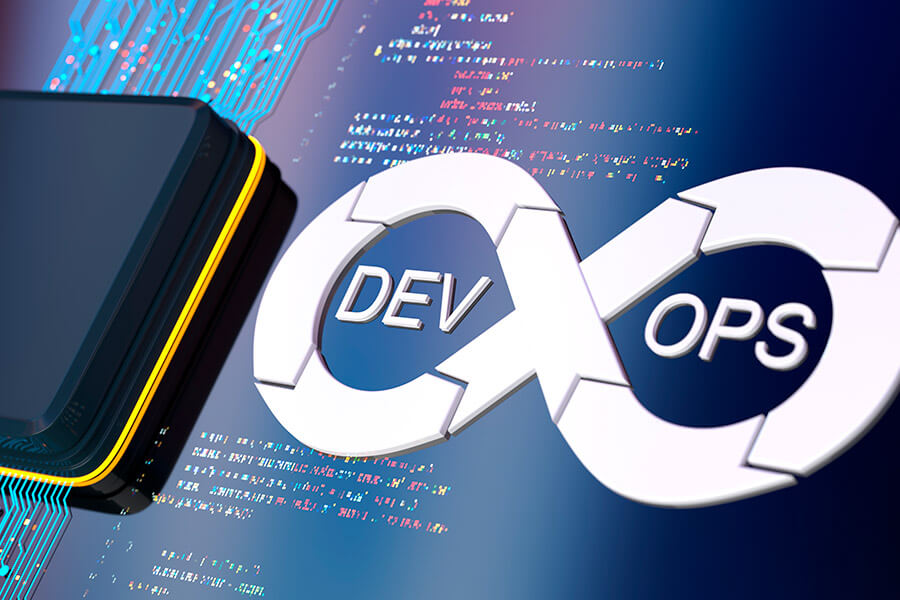Jan. 24, 2025


5 minutes read

Share this article
Organizations are always looking for strategies that drive efficiency, boost productivity, and scale operations seamlessly. Two standout methodologies making waves are DevOps and GitOps. While they share common goals of automation and collaboration, they differ in their approaches, applications, and outcomes.
While these methodologies share the goals of automation and collaboration, their execution and focus areas differ significantly. This guide dives into the key differences and similarities between DevOps and GitOps, helping you determine which approach best aligns with your organization’s objectives.
DevOps is a set of practices that combines software development (Dev) and IT operations (Ops) to shorten the development lifecycle and provide continuous delivery of high-quality software. It emphasizes collaboration, automation, and monitoring across all software creation and deployment stages.
GitOps extends the principles of DevOps by leveraging Git as a single source of truth for infrastructure and application configurations. It relies on an open-source control system (Git) to manage deployments, monitor changes, and ensure consistency.
DevOps is a cornerstone for successful outsourcing. It ensures seamless collaboration between in-house teams and outsourcing partners, reducing communication gaps and enhancing efficiency. When outsourcing to software development companies, adopting a DevOps approach guarantees faster delivery cycles and higher-quality outcomes.
Both methodologies benefit significantly from open-source control systems, notably Git. These systems enable:
Choosing between DevOps and GitOps depends on your team’s goals, infrastructure, and expertise:
Whether leveraging IT staff augmentation, collaborating with dedicated delivery squads, or outsourcing your entire software needs, consulting with experts ensures a tailored strategy for your organization.
Embrace DevOps or GitOps to future-proof your development processes.


Accelerate your software development with our on-demand nearshore engineering teams.